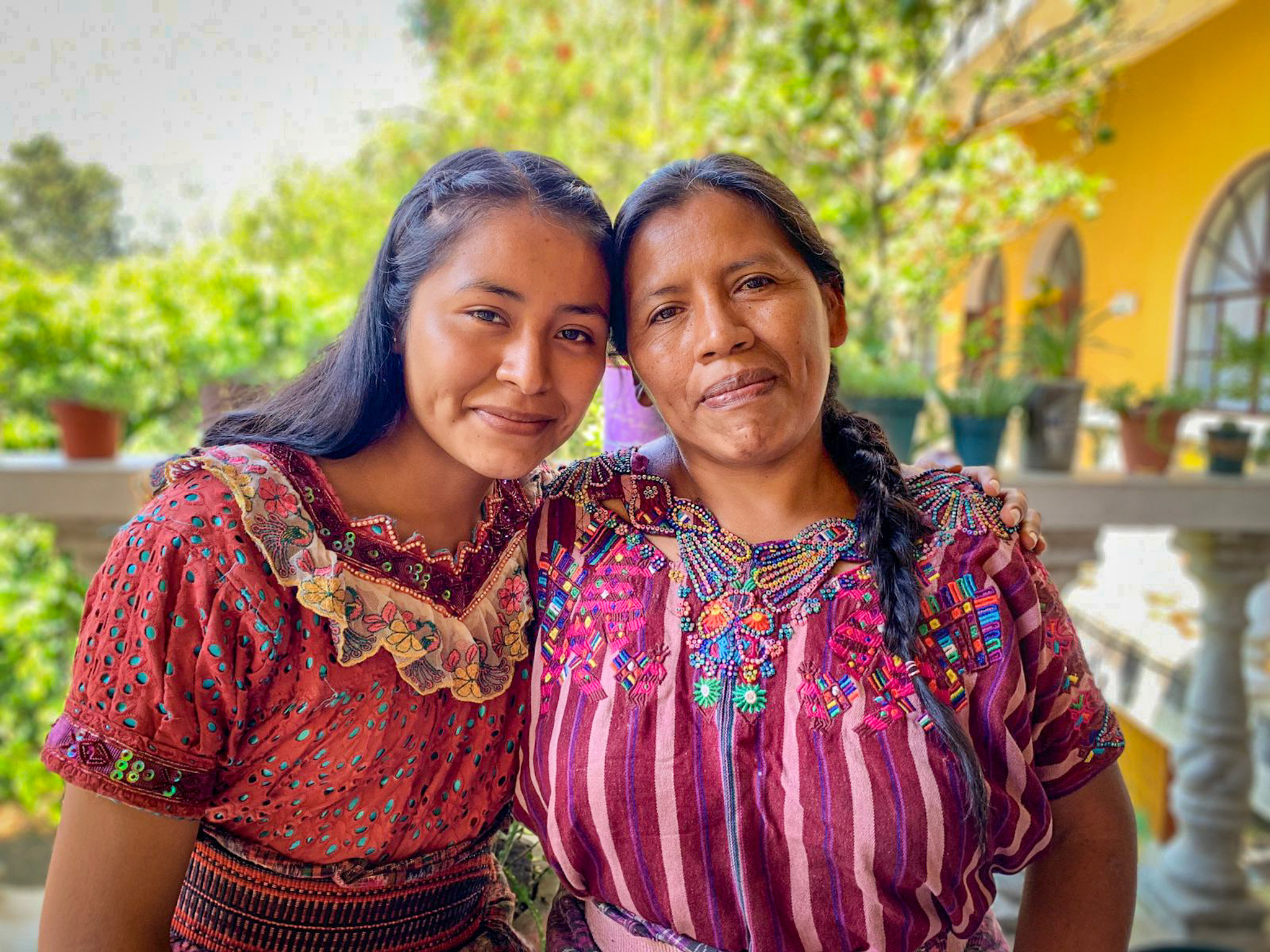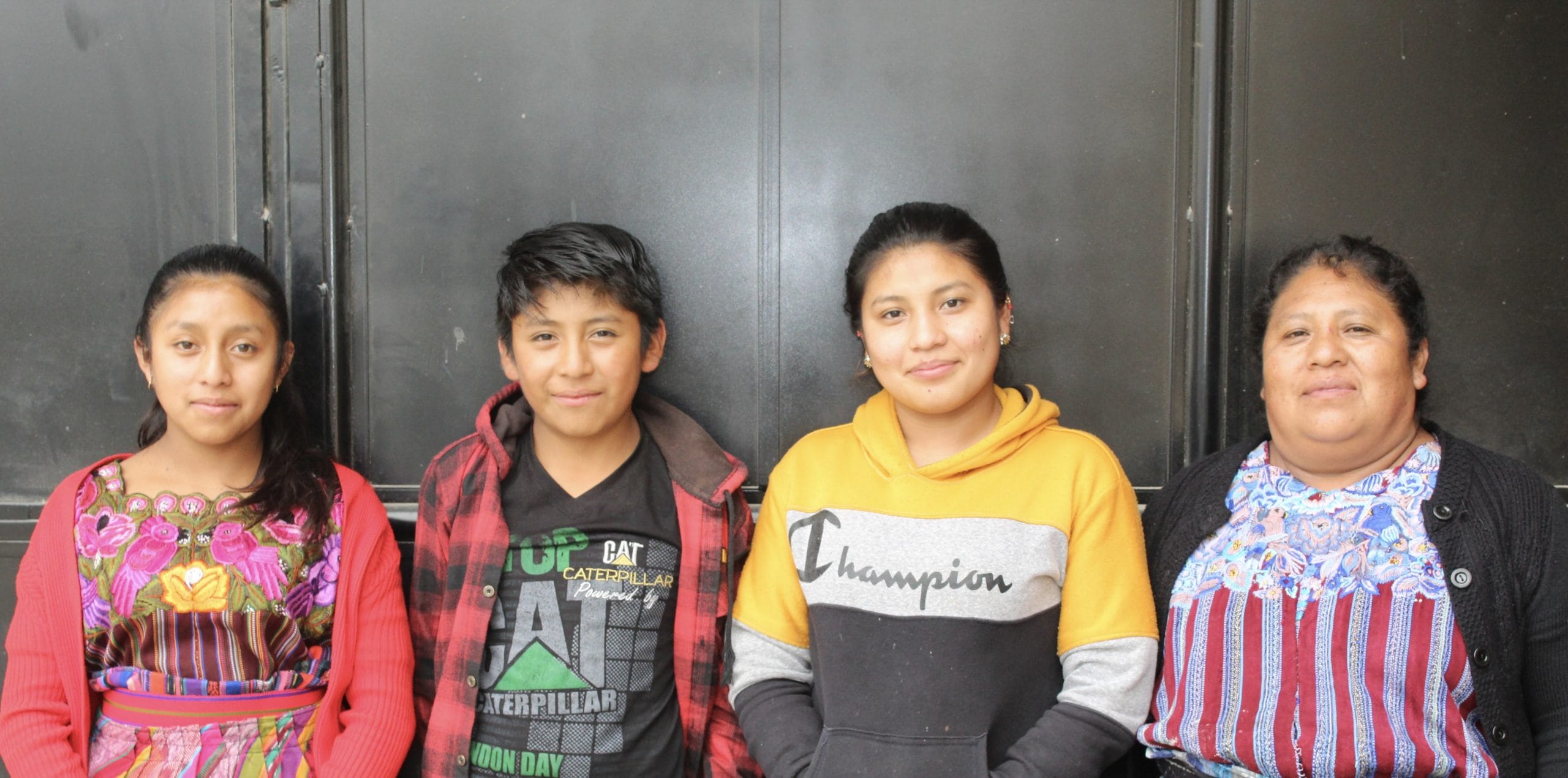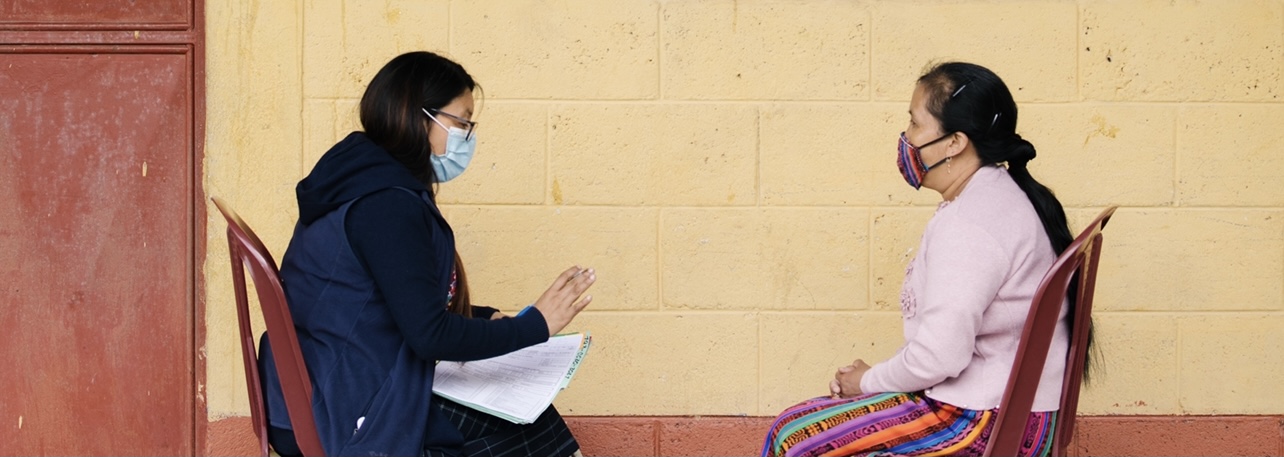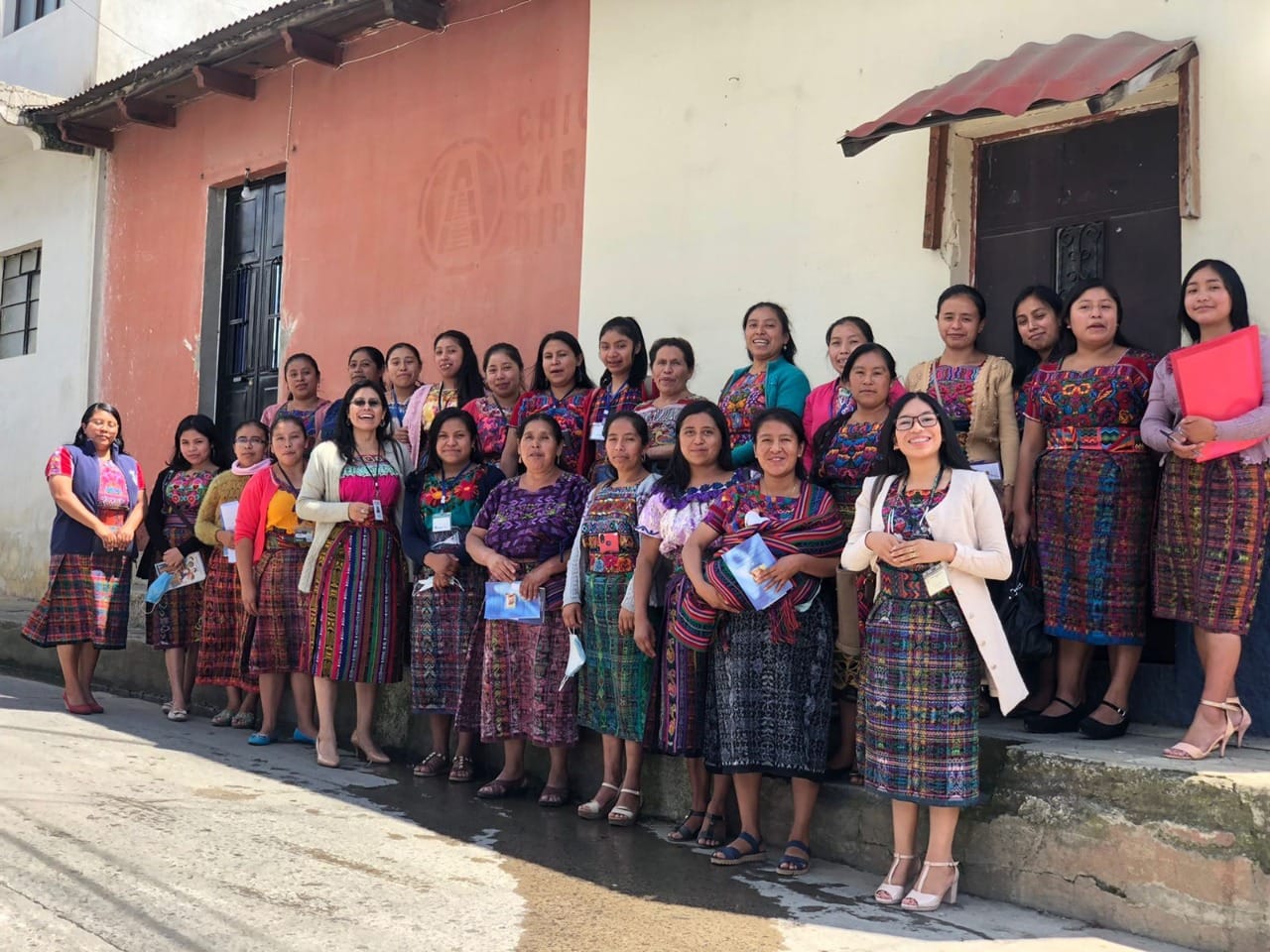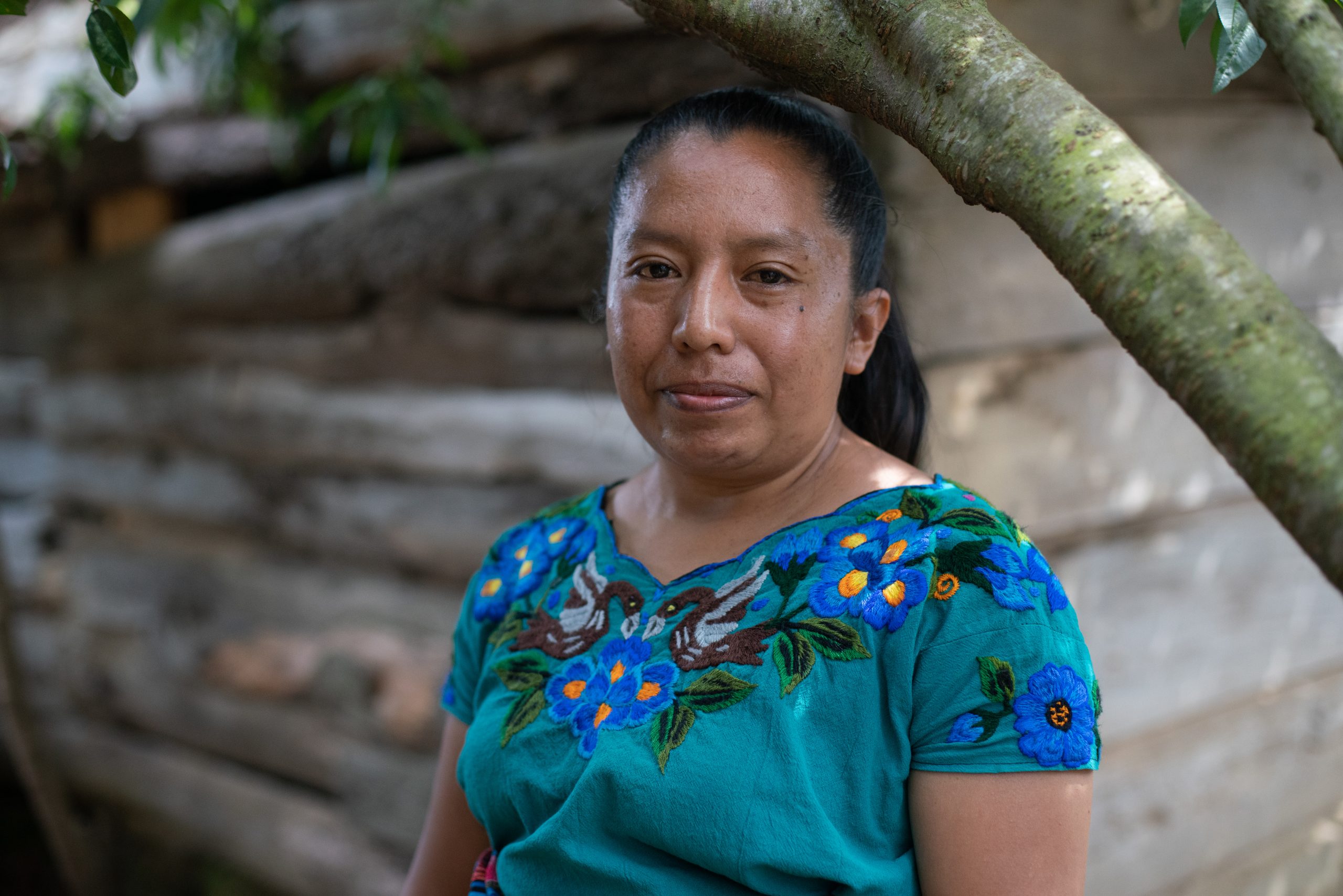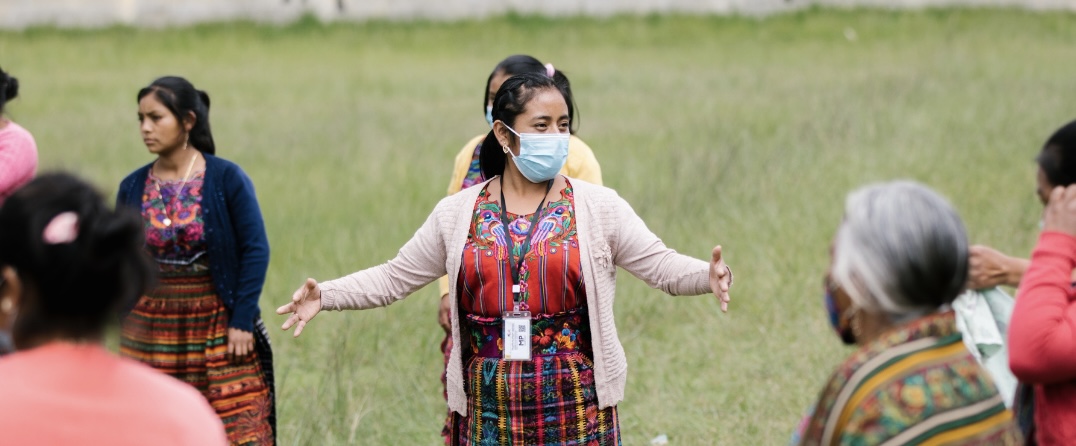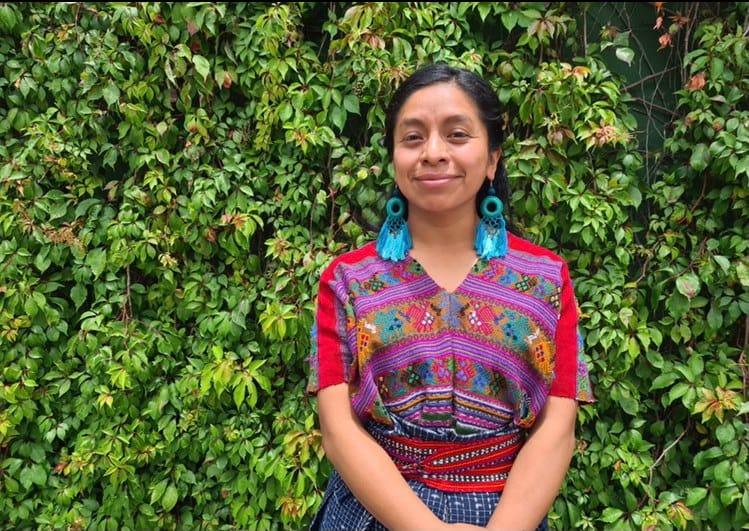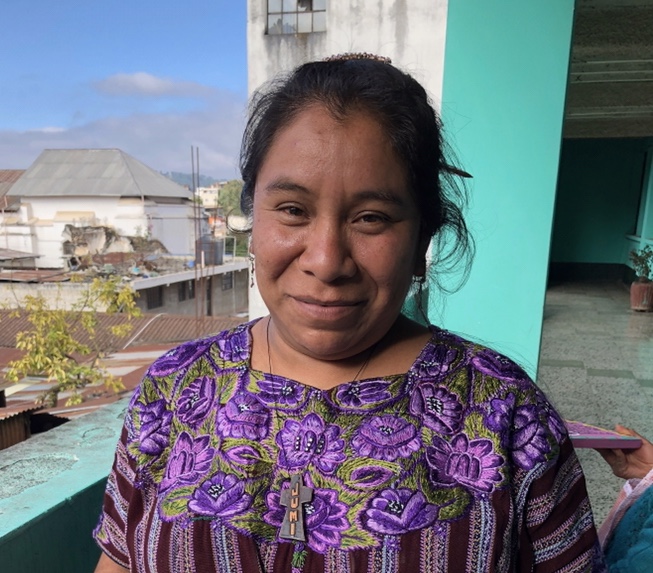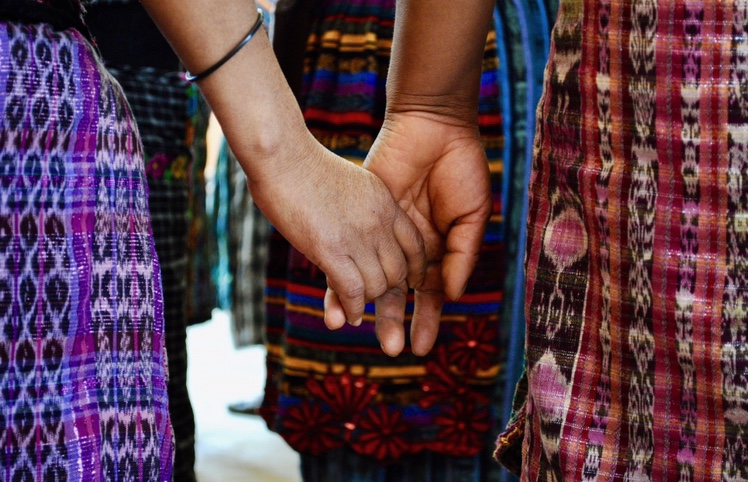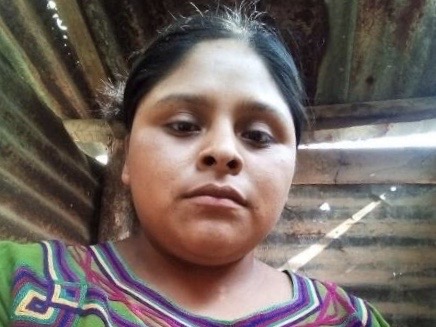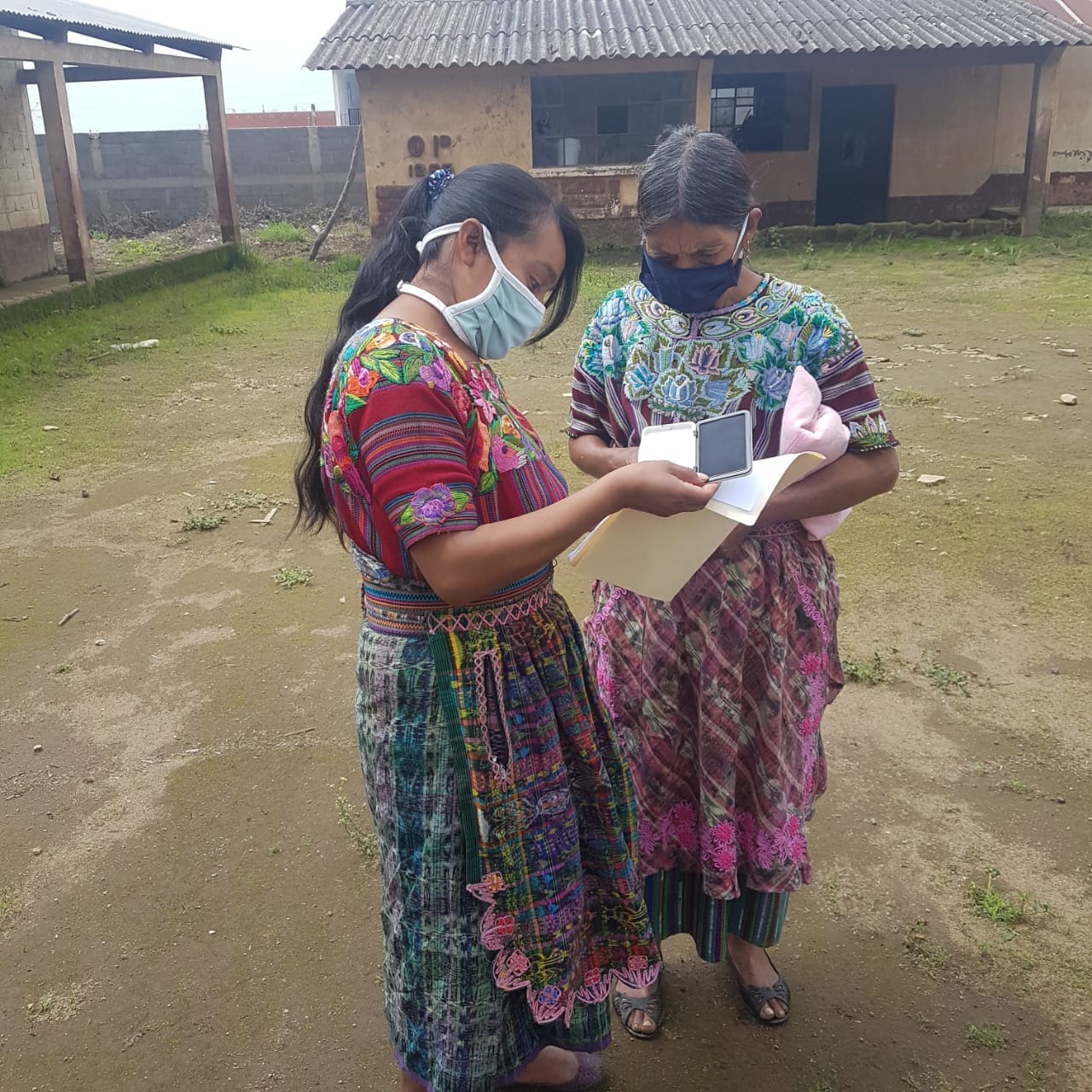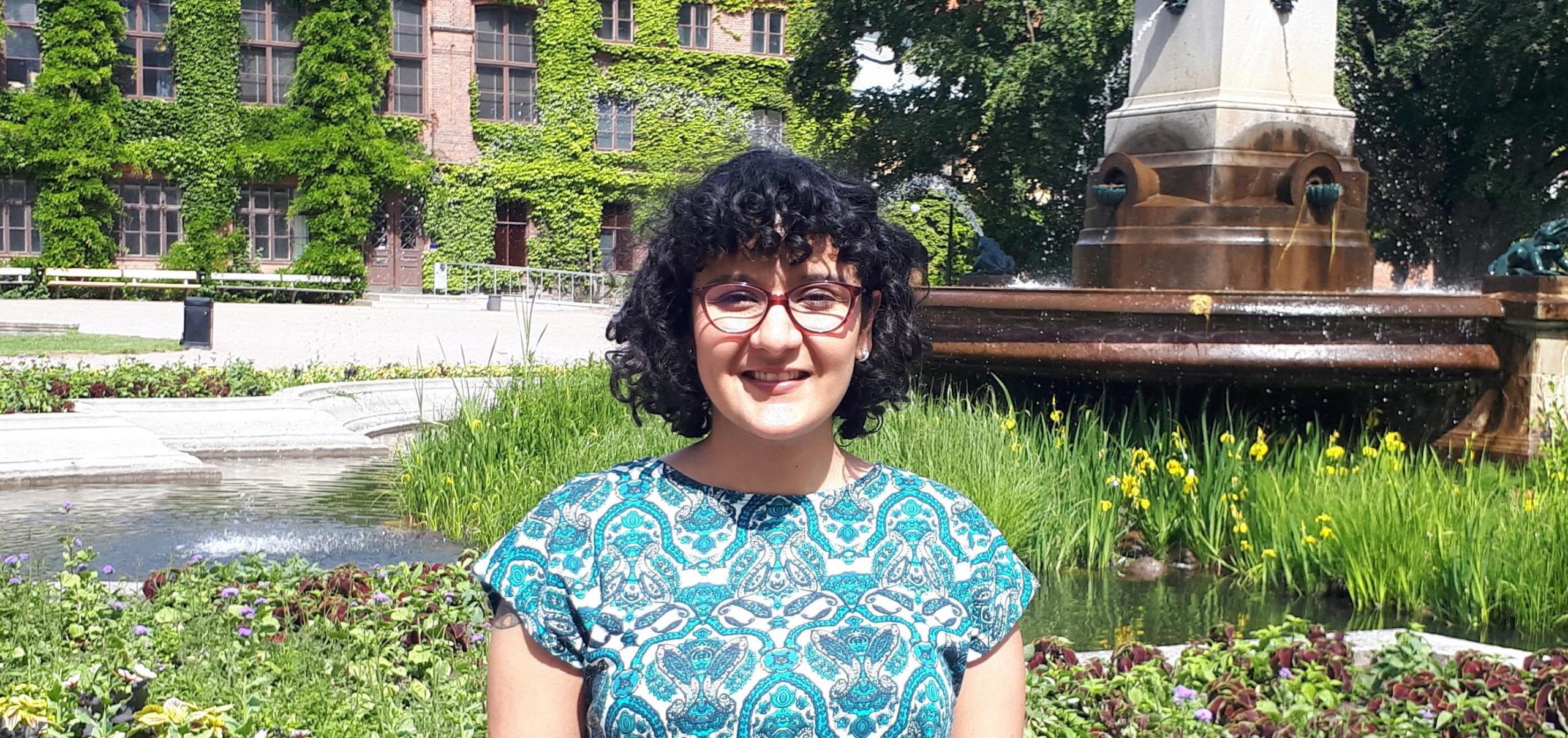WJI is committed to the advancement of the United Nations’ Global Sustainable Development Goals (SDGs) and to the vision of a more gender-equal world with inclusive, accountable, and accessible institutions at all levels. We strive to improve existing systems and foster sustainable solutions in hopes of achieving all SDGs by 2030.
Sustainable Development Goal 5: Achieve Gender Equality and Empower All Women and Girls
All of WJI’s programs work directly to improve gender equality and support women’s empowerment in rural Guatemala. With our Women’s Rights Education Program and our Adolescent Girls Program specifically, we are educating and empowering women and girls to understand and exercise their rights, as well as to break the damaging social norms that condone early and forced marriage and violence against women and girls (VAWG). Our workshops also cover women’s sexual and reproductive rights and their right to participate in community and local government decision-making.
With our Legal Services Program, we are closing the legal discrimination gap by providing free services to women who have historically faced geographic, economic, language, mobility, and other challenges to accessing justice.
Sustainable Development Goal 16: Promote Peaceful and Inclusive Societies for Sustainable Development, Provide Access to Justice for All and Build Effective, Accountable, and Inclusive Institutions at All Levels
WJI provides all legal services in the local Maya language and accompanies women throughout the entire process, which historically has tried to dismiss and ignore their cases. In this way, we are facilitating access to justice for more women and securing their safety and access to economic opportunities. As part of our Legal Services Program, WJI also hosts regular VAWG sensitivity workshops with local community leaders, government officials, and public service providers so they can be better allies when responding to cases of violence or forced early marriage. By strengthening the actors that make up these legal institutions, WJI is increasing indigenous women’s access to justice and making the delivery of these public services more effective, accountable, and inclusive.
As a leader in increasing access to justice through our programs, WJI has participated on panels in international conferences such as the High-Level Political Forum on Sustainable Development: Voices of SDG16+ and the High-Level Panel on Opening Justice through Access to Justice. Kate Flatley, WJI’s Executive Director, attended the forum to share WJI’s efforts in Guatemala to help reach the Sustainable Development goals (SDG16) before Member States representatives, UN Officials, and other leading NGOs.
Sustainable Development Goal 1: End Poverty in All Its Forms Everywhere and Sustainable Development Goal 2: Zero Hunger
We are addressing poverty by educating women on their economic rights, such as the right to earn an income outside their home and to equally manage the household’s finances. Legally, we help women pursue paternity, child support, and alimony cases, which often provide them the financial resources that they need to feed their sons and daughters.
WJI also helps women win land titles and legally register their property. In many cases, the women use this land to grow crops which either they and their families eat or sell for profit. Additionally, we help women and girls acquire the skills and confidence that they need to start their own businesses to provide for themselves and their families. Lastly, after the outbreak of COVID-19, WJI delivered food baskets to over 12,800 people, providing a month’s worth of food to over 2,500 families.
Sustainable Development Goal 3: Good Health & Well-Being
The World Health Organization considers freedom from violence “a fundamental precondition to enjoyment of the right to health.” Intimate partner violence has been shown to cause serious mental and physical health consequences, such as depression, injuries, and substance use disorders. WJI directly helps survivors of violence by offering psychological counseling and mental health services, both in person and over the phone. Additionally, by working to prevent VAWG, WJI positively contributes to women’s mental and physical well-being.
Other Sustainable Development Goals: 4, 10, and 17
By encouraging young girls to stay in school and to not marry at a young age, WJI indirectly supports SDG 4: Quality Education. We also directly support education through our programmatic work, including the aforementioned Women’s Rights Education Program and the Adolescent Girls Program. Meanwhile, all of our work ties into SDG 10: Reduced Inequalities. We are working to change perspectives at both the individual and community levels so that women’s rights and worth are never questioned. Lastly, we are proud of our work on SDG 17: Partnerships. In working to successfully address all of the issues mentioned above, WJI has teamed with various partners and local organizations who support our work. We are so grateful for all of you!

